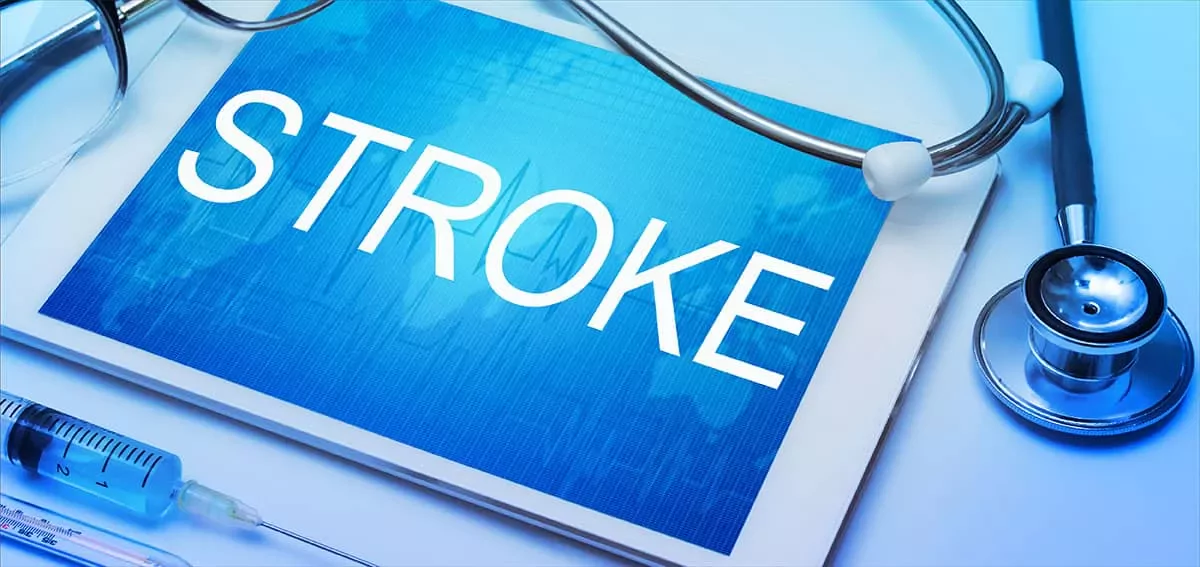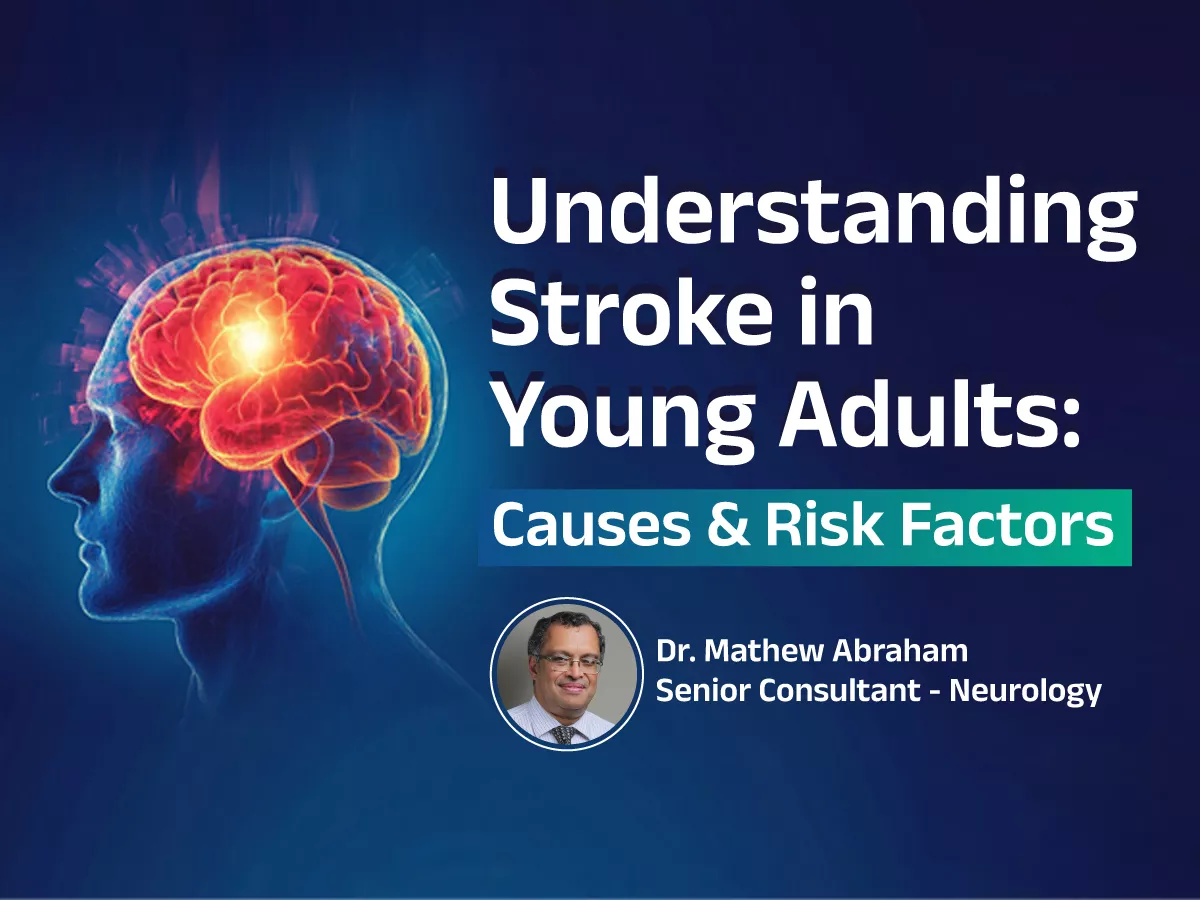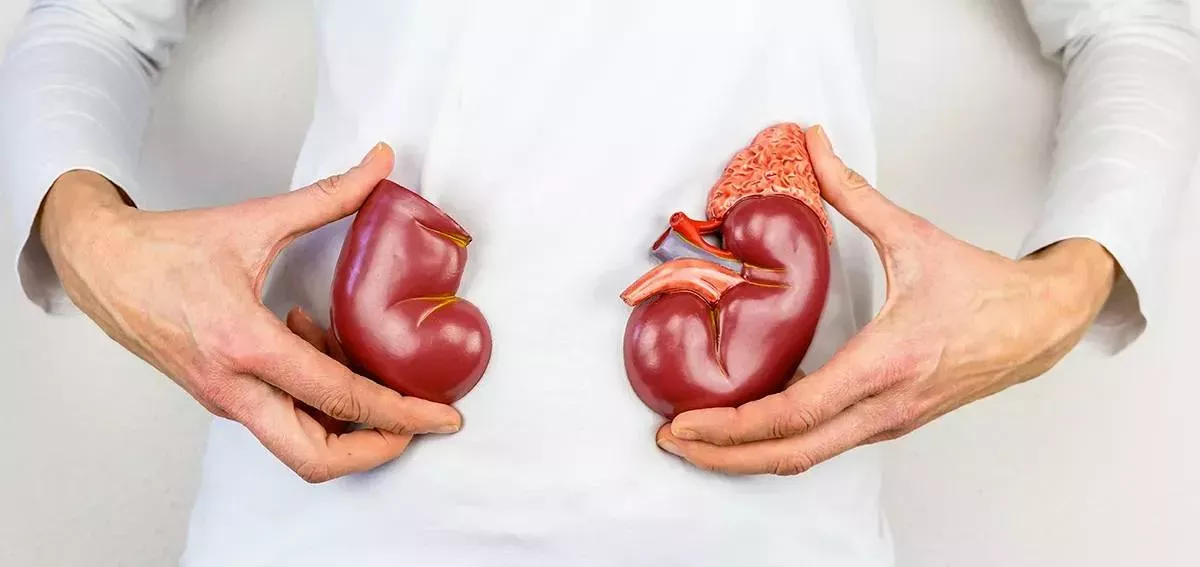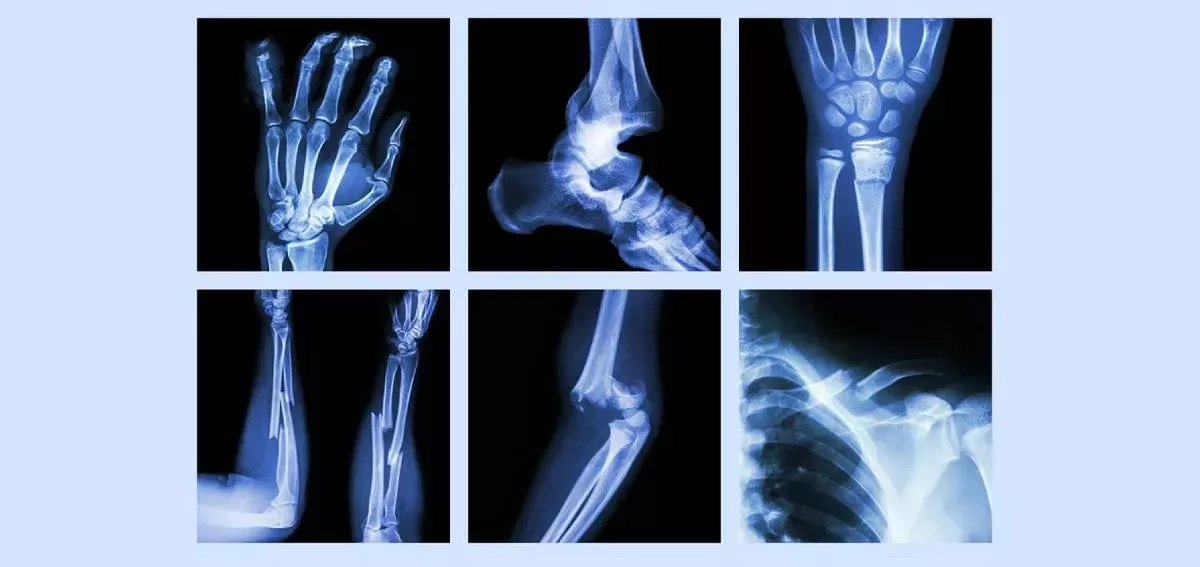A stroke or brain attack occurs when a blocked artery or ruptured blood vessel obstructs/ reduces the blood flow to a particular area of the brain. Stroke can happen to anyone, anytime and can cause permanent damage to one’s mobility, speech and memory if not treated at the right time.
If you or a loved one experience stroke symptoms, it’s crucial to seek immediate help from an experienced neurologist in Kochi Kerala at a reputed neurology hospital in Kochi Kerala for prompt diagnosis and treatment.
Types Of Stroke
There are three types of strokes:
- Ischemic Stroke
- Haemorrhagic Stroke
- Trans Ischemic Attack (TIA)
Ischemic Stroke
The most common type of stroke, ischemic stroke amounts to about 87% of all stroke cases reported worldwide. Ischemic stroke occurs when a clot within an artery obstructs the blood flow to the brain, causing brain cells in that particular area to die. The usual cause of such blocks is atherosclerosis or narrowing of arteries due to fat build-up (plaque). Hypertension or high blood pressure is one of the top risk factors for ischemic stroke. There are two types of ischemic strokes:
- Embolic Stroke
- Thrombotic Stroke
Embolic Stroke happens when a wandering blood clot (emboli) formed in another part of the circulatory system (usually in the heart, upper chest and neck arteries) travels through the bloodstream and blocks a blood vessel within or leading to the brain.
Thrombotic Stroke occurs when an artery that supplies blood to the brain gets blocked by the formation of a blood clot (thrombus). The clot that triggers the stroke is usually formed inside an artery that’s already narrowed by atherosclerosis. Thrombotic strokes can affect both large and small arteries in the brain. Strokes that affect large arteries obstruct blood flow to greater portions of the brain, causing extensive brain damage and life-long disabilities. Clinically referred to as cerebral thrombosis or cerebral infarction, this type of ischaemic stroke accounts for almost 50% of all strokes.
Thrombotic strokes are of two types:
- Large-vessel thrombosis
- Small-vessel thrombosis (Lacunar stroke)
Ischaemic Stroke: Risk Factors
- A family history of thrombotic stroke
- Diabetes
- High blood pressure (hypertension)
- High cholesterol
- Smoking
- Sedentary lifestyle
- Obesity
- Lack of physical exercise
- Excess use of anti-coagulants
Haemorrhagic Stroke
A stroke that’s caused due to a ruptured blood vessel in the brain is called a haemorrhagic stroke. The blood from the ruptured vessel leaks/ spills into the brain, causing swelling, pressure and obstruction in the oxygen flow.
The causes of haemorrhagic strokes include:
- Prolonged hypertension or blood pressure
- Cerebral aneurysms
- Arteriovenous malformations
A cerebral aneurysm is a weak spot in the wall of an artery that may expand and rupture due to high blood pressure or trauma, leading to blood leak in the brain.
A congenital or by-birth condition, Arteriovenous Malformation or AVM is a tangled mass of blood vessels. An AVM rupture may lead to a blood leak in the brain, and in turn, haemorrhagic stroke.
There are two types of haemorrhagic strokes:
- Intracerebral Haemorrhage
- Subarachnoid Haemorrhage
Intracerebral Haemorrhage – a condition wherein a blood vessel in the brain ruptures, causing blood to leak into the surrounding brain cells.
Subarachnoid Haemorrhage – a condition wherein an artery on or near the surface of the brain ruptures, causing blood to spill into the space between the surface of the brain and the skull. Subarachnoid bleeding is characterised by severe, blast-like headaches.
Transient Ischemic Attack (TIA)
A minor stroke attack that lasts for less than 24 hours, TIA or Trans Ischemic Attack occurs when the blood flow to a part of the brain stops/reduces for a very short time due to a temporary clot in the cerebral artery. The clot dissolves/ dislodges itself in a few minutes, restoring normal blood flow. The symptoms of TIA are the same as that of a stroke/brain attack, but lasts only for a few minutes or till the artery is unclogged. Though TIAs don’t cause permanent brain damage, it’s a condition that requires emergency medical attention.
Research reveals that a person loses around 1.9 million neurons every minute after a stroke attack if the obstruction in the blood flow to the brain continues. This is why every second count in a stroke. If you suspect stroke symptoms in a family member or friend, call FASTER at 155218 (direct dial).










